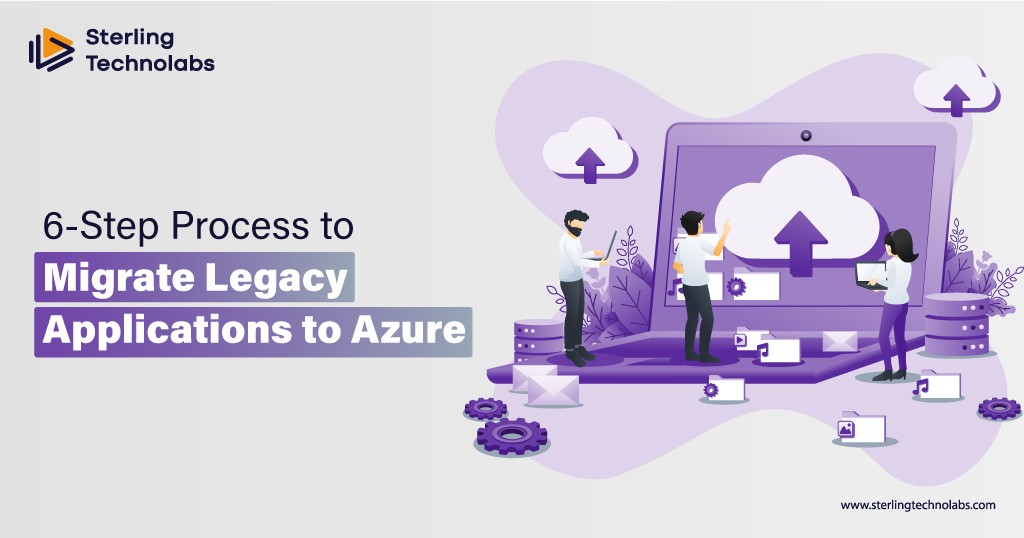
Using an effective Customer Relationship Management (CRM) system is especially important in the dynamic insurance marketplace, where customer service, productivity, and data handling are crucial. The Salesforce customer relationship management system is a top choice for insurance companies because it delivers a number of capabilities that boost relations with clients, streamline operations, and boost growth of the business. This post explores nine unique advantages of Salesforce CRM for insurance businesses, highlighting the ways in which this system may change a variety of functional aspects.
Centralized supervision of customer data:
A great deal of data, such as customer profiles, policy facts, claim histories, and communications logs, are processed by insurance companies. Salesforce CRM delivers an established destination for these records, making it achievable for insurance firms to properly combine and process information about clients. Salesforce CRM optimizes data accessibility and accuracy by properly remaining any relevant information. By making sure that everybody involved has access to current data and lowering the chance of mistakes this centralized strategy encourages more informed decision-making and personalized attention.
Insurance professionals have greater ability to trace the background of customers, better comprehend their demands and deliver unique recommendations when they have quick access to thorough client databases. Enhanced efficiency in operations and client satisfaction are the objective results of unified data management, which additionally facilitates efficient insurance leadership, regrowth methods, and claims management.
2. Improved Client Assistance:
Performance in the insurance sector relies heavily on giving great service to customers. Insurance businesses can enhance customers satisfaction and help by using a range of tools supplied by Salesforce CRM. Salesforce consulting partner may handle requests from customers, complaints, and questions more efficiently with the use of capabilities like managing cases, automatic ticketing, and constant communication channels. Insurance professionals can monitor and handle client contacts through numerous platforms with Salesforce CRM, making sure that no inquiry is left unattended. Delegation of tasks and automated systems improve the problem solving process, lowering time to response and boosting the standards of offerings. The insurance industry may boost customer satisfaction and establish deeper relationships with consumers by providing fast and effective service.
3. Automated Procedures for Workflow:
In the insurance coverage business, where maintaining consumer confidence and happiness by quick resolution of claims and policy changes is essential, productivity is important. Strong features for automation in Salesforce CRM assist with maximizing a number of process steps, minimizing demand for human intervention and error-proneness. Tasks connected with entry of information, claim acceptance, and policy refills can all be handled with Salesforce for your business. Insurance organizations can improve reliability, speed up manufacturing, and free up funds to do higher-value work by automation routine processes. This enhanced productivity helps to enhance customer loyalty as well as to improve efficiency in operations.

4. Enhanced Reporting and Statistics:
For insurance providers seeking to keep up their market share and optimize their business objectives, making choices based on data is vital. Insurance providers can gain useful information from their data with the support of Salesforce CRM's powerful statistical and reporting abilities. Organizations can assess indicators of performance (KPIs), evaluate trends, and make reasonable choices based on real-time data through the use of adjustable reporting, dashboards, and infographics. Insurance enterprises can keep an eye on a variety of functional statistics, notably sales achievement, client retention, and the efficiency of claim manufacturing, according to the data analysis features of the system. Insurance providers can find areas for growth and development, create targeted plans, and support ongoing growth of the company by utilizing such information.
5. Further developed Lead Management:
Powerful lead executives are urgent for driving deals and developing the client base in the protection business. Salesforce CRM advantages offers refined lead the board includes that help insurance agencies catch, track, and sustain leads all the more actually. With apparatuses for lead scoring, division, and following, protection specialists can focus on high-esteem leads and design their deals approaches in a like manner.
Salesforce CRM leads the executives' capacities to empower protection firms to robotize lead task track lead collaborations, and examine lead transformation rates. By zeroing in on high-expected leads and utilizing designated deals methodologies, insurance agencies can expand their change rates, drive income development, and accomplish their deals goals.
6. Consistent Joining with Other Systems:
Insurance agencies frequently utilize various frameworks and devices for various capabilities, like arrangement of the executives, charging, and client care. Implementing Salesforce CRM is intended to incorporate consistently with these current frameworks, guaranteeing that information streams flawlessly among stages and killing information storehouses.
Joining capacities inside Salesforce CRM for insurance company to interface with outsider applications, for example, bookkeeping programming, email promoting stages, and information examination instruments. This consistent incorporation improves information consistency, lessens manual information section, and guarantees that all frameworks cooperate amicably. By making a brought together biological system, insurance agencies can work on in general functional effectiveness and upgrade the client experience.
7. Customized Client Engagement:
Personalization is a critical area of strength for building connections and separating insurance agencies from their rivals. Salesforce CRM empowers protection firms to convey customized encounters by utilizing client information and bits of knowledge. The stage's high level division and focusing on highlights permit protection specialists to tailor their correspondence, offers, and proposals in view of individual client profiles.
By examining information like approach history, inclinations, and past connections, insurance agencies can make customized advertising efforts, give important item suggestions, and address explicit client needs. Customized commitment helps cultivate client reliability, increment fulfillment and drive long haul connections.
8. Improved Consistency and Security:
Consistency with regulatory necessities and protecting client information are basic worries for insurance agencies. Salesforce CRM gives hearty security highlights and consistency apparatuses to help protection firms meet these necessities. The stage incorporates job based admittance controls, information encryption, and review trails to guarantee that delicate client data is safeguarded from unapproved access and breaks.
Salesforce CRM's consistency apparatuses help insurance agencies in overseeing administrative documentation, following consistency related exercises, and sticking to industry guidelines. By keeping a protected and consistent climate, protection firms can construct entrust with their clients and moderate the gamble of administrative punishments.
9. Adaptability and Flexibility
As insurance agencies develop and advance, their CRM needs might change. Salesforce CRM offers versatility and adaptability to oblige these changes, permitting protection firms to adjust to new business necessities and economic situations. The stage is intended to scale with business development, empowering insurance agencies to add new clients, highlights, and functionalities depending on the situation.
Whether venturing into new business sectors, sending off new items, or adjusting to industry patterns, Salesforce CRM integrate gives the adaptability to help advancing business needs. The stage's adaptable elements and versatile engineering guarantee that insurance agencies can keep on utilizing CRM abilities as they develop and create.
Conclusion
Salesforce CRM offers a far reaching set-up of advantages customized to the requirements of insurance agencies. From incorporating information from the board and upgraded client care to mechanized work processes and progressed examination, the stage gives instruments that drive effectiveness, further develop client commitment, and backing business development. By utilizing these restrictive advantages, insurance agencies can remain cutthroat in a quickly evolving industry, convey excellent support of their clients, and accomplish their essential goals.


